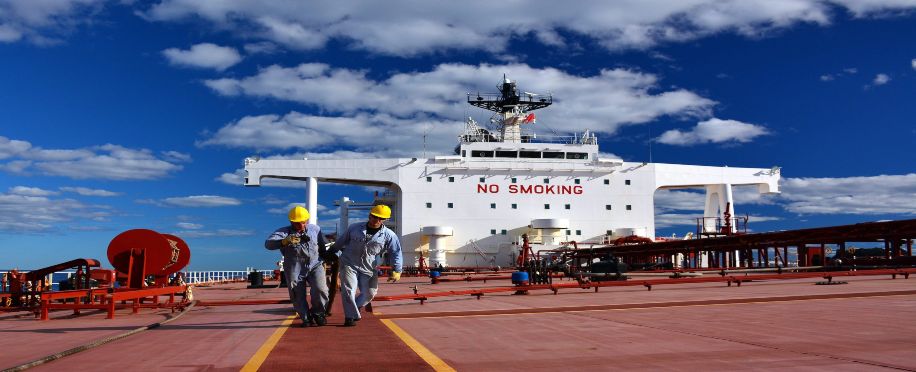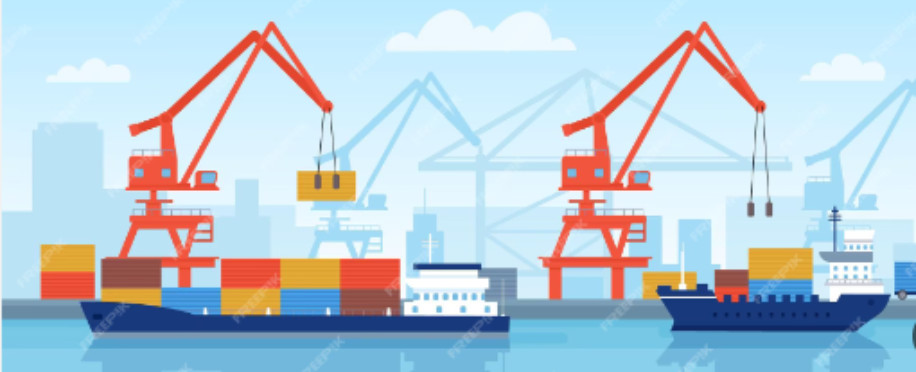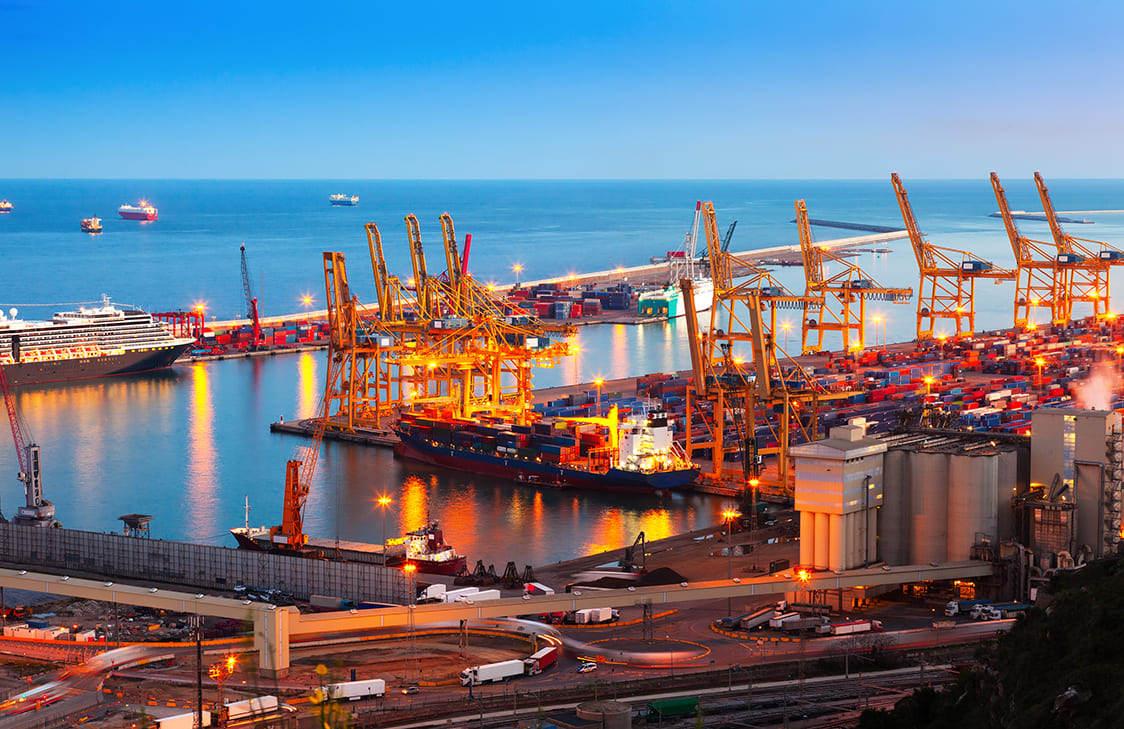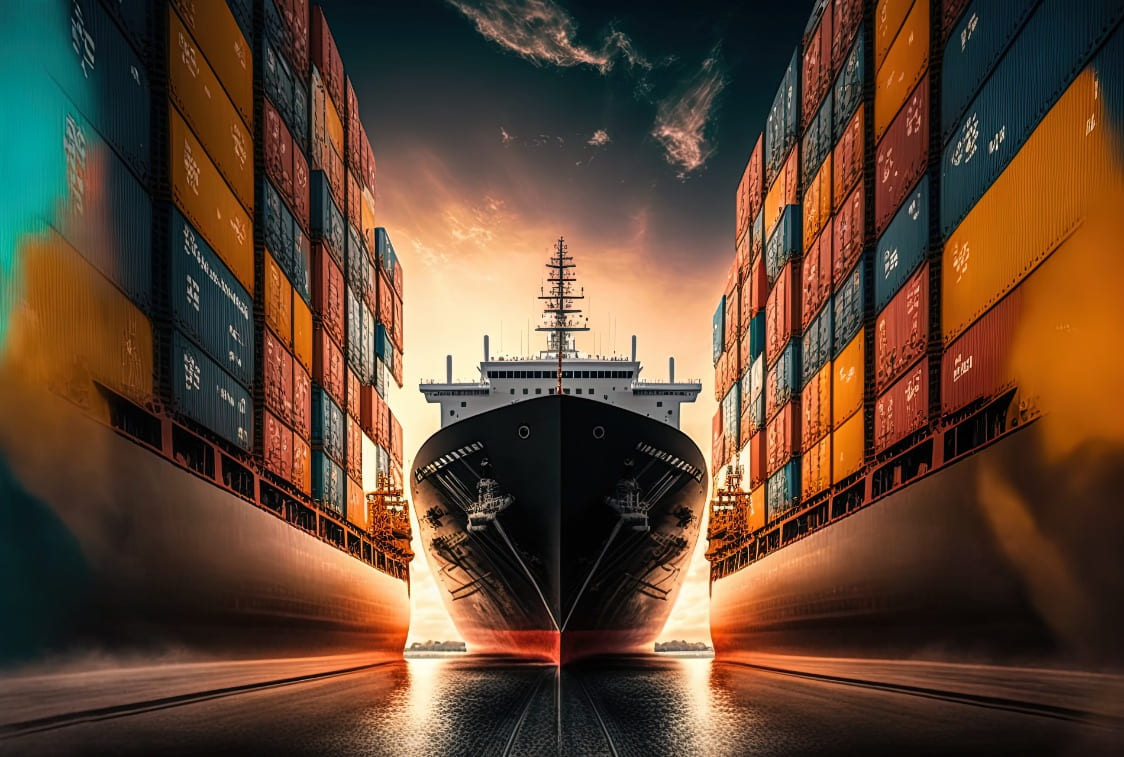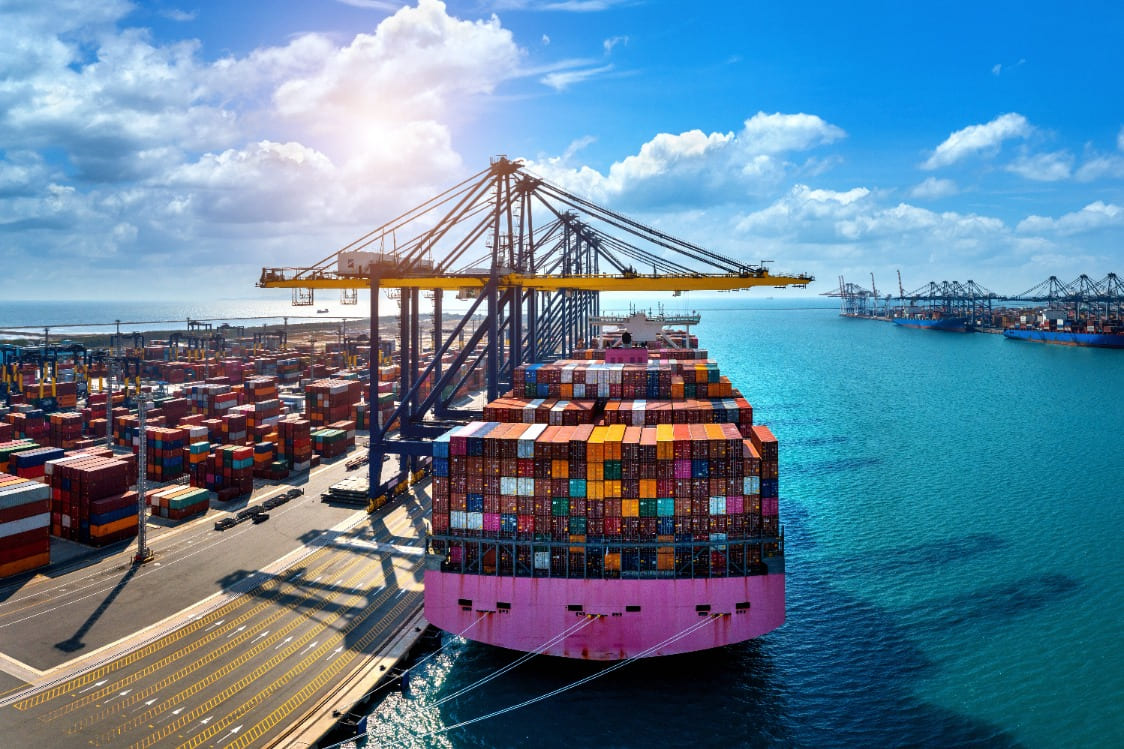Understanding the Unique Features of Various Types of Ships
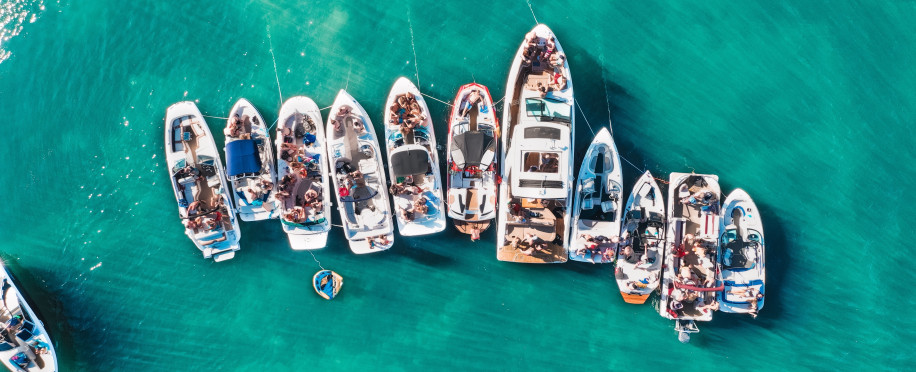
Posted on May 03, 2024 at 03:05 AM
The United Kingdom, being a historical island nation, has a long sea heritage and a deep interest in the different types of ships that sail the waters around its shores and beyond. From the giant cruise liners that dock in big ports to the tiny fishing trawlers sailing quickly across the waves, each one has its own unique features and function.
Here, we will explore the types of ships and what makes each type truly special.
Different types of ships
The types of ships are divided based on the cargo type, the vessel size, and its purpose. The most common types of ships are:
Cargo Ships: The Backbones of International Trade
Cargo ships, also known as freighters, are the 'silent warriors' quietly facilitating cross-border trade. Such ships, from behemoth container ships to highly specialised bulk carriers, are a typical mode of transportation for tens of thousands of tons of cargo.
Some key features of cargo ships include:
-
Expansive cargo holds: Cargo vessels are designed to carry large quantities of goods, featuring large storage holds where anything, from raw materials to manufactured goods can be placed.
-
Efficient loading and unloading: Different types of special devices to lift and position the goods, e.g. cranes and belt framings, enable fast cargo processing, hereby decreasing the port turnaround times.
-
Specialized designs: This type's variety of kinds includes tankers, bulk carriers, and ro-ro (roll-on/roll-off) vessels to match cargo transport needs, providing the maximum velocity possible.
In addition to your normal cargo ships, here are a few specialised types of container carrier ships that are excluded from the normal classification. However, they excel at shipping KPIs:

Tankers
Tanker ships are a separate class of vessels that specialise in liquid goods transportation including crude oil and refined petroleum products, chemical products, and liquefied gas.
They are equipped with reinforced hulls, specific cargo tanks, and advanced pumping and piping systems to ensure these dangerous liquid commodities' safe and efficient carriage.
Bulk Carriers
These ships are primarily made for carrying dry, unpackaged commodities like grains, coal, ore, and cement.
Moreover, bulk carriers have spacious, uncongested cargo holds designed to facilitate these granular materials’ speedy loading and unloading.
Container Ships
Containerization is the driving force of the world trade system and container vessels are the basic thing to fulfill this need. With their built-in reinforced decks, these ships have cell guides designed to accept standardized shipping containers that help transportation be intermodally efficient.
Roll-on/Roll-off (RoRo) Ships
The ro-ro ships carry wheeled vehicles including cars, trucks, and other machines. these trailers have a big, flat platform and sloped ramps in their front which allow them to be driven on and off the trailers very easily, this facilitates loading and unloading procedures.
Reefer Ships
Refrigerated ships, better known as reefers, are designed to serve ice-free food or perishable goods such as fresh produce, meat, and frozen meals. The entire fleet of reefer ships is equipped with state-of-the-art refrigerated systems that are instrumental in attaining optimal temperatures and moisture levels throughout the journey.
Fishing Vessels
The fleet of fishing vessels, the small coastal trawlers and the large on-the-central seas factory ships, is an essential contributor to the supply of the UK with a variety of fresh sea livestock, transporting fish and seafood to various destinations across the country.
Cruise Ships
Cruise ships represent glamour and wealth for those brave enough to explore the open seas. They’re an abundant source of whimsy and balance of accommodation, dining, and amusement.
To add to that, there's a long list of reasons why these cruisers are famous in the industry, they provide a great service, they're a great resort for spending a holiday offshore and much more.
Navy ships
Military battleships are the core of any modern navy, they act as the bulwark, safeguarding belongings of the nation having power in the high seas, implementing the maritime dominance and enforcing the national interests. These combat vessels come in various categories, each with its own distinct capabilities:
-
Aircraft Carriers: An aircraft carrier is the biggest and most powerful in the warship category, equipped with hangar decks and catapult launch systems to accommodate various types of fixed-wing aircraft/helicopters to operate as mobile carriers, thus extending the aerial reach of any nation across the oceans.
-
Destroyers: a destroyer naval battleship is considered one of the true workhorses of the navy with its agility and amazing maneuverability. Besides, those could provide patrol, escort, and surface warfare. They can also defend against enemy forces and ships of a larger size.
-
Frigates: a frigate ship is Just a tad smaller in size than a destroyer, frigate vessels are great in many areas such as anti-submarine warfare, maritime patrol, and escort duties. They actually do a lot also in maintaining and improving the maritime security of nations.
-
Submarines: Beautifully quiet engines, performed the stealth missions in shallow waters, a submarine boasts a number of advantages such as intelligence gathering, providing a deterrence capability, and executing covert operations including missile launchings.
Now that you’ve been introduced to the types of ships in the UK, it’s time to dive deeper.
Looking to find out more? You can learn expanded details about each specific type through these shipping management courses.
